The First Company to Qualify 4140 via Metal Binder Jetting for the Mass Production of Strong Steel Parts That Withstand High Impacts, Temperatures and Mechanical Stresses
Desktop Metal, a leader in mass production additive manufacturing (AM) solutions, today announced it has qualified the use of 4140 low-alloy steel for the Production SystemTM platform, which leverages patent-pending Single Pass JettingTM (SPJ) technology designed to achieve the fastest build speeds in the metal additive manufacturing industry. Desktop Metal is the first and only company to qualify 4140 low-alloy steel for use with metal binder jetting systems, enabling its use in mass production end-use part applications.
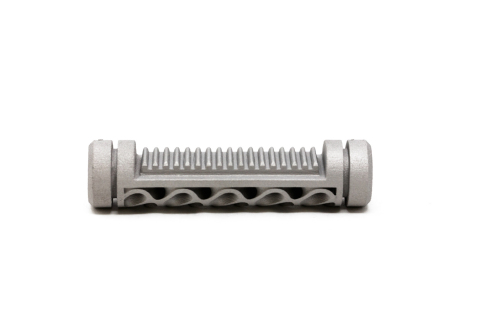
Desktop Metal is the first and only company to qualify 4140 low-alloy steel for use with metal binder jetting systems, enabling its use in mass production end-use part applications. This linear pneumatic piston is used to convert air pressure into rotary motion through a rack and pinion with 4140 providing the toughness and wear resistance required for this application. (Photo: Business Wire)
Considered one of the most versatile low-alloy steels, 4140 is characterized by its toughness, high tensile strength, and abrasion and impact resistance. It is a critical all-purpose and heat-treatable steel used extensively in a variety of automotive, oil and gas, and industrial applications, such as gears, downhole tool components, couplings, spindles, bolts and nuts, and many other mechanical parts.
“4140 has been a challenging material for metal binder jetting because of its low alloyed content, tight carbon control requirements, and low ignition energy, which together require advanced binder chemistry, as well as extensive printing and sintering optimization and atmospheric controls for safe processing,” said Jonah Myerberg, co-founder and CTO of Desktop Metal. “We are excited to be the first to qualify 4140 for metal binder jetting to enable this versatile material for the AM industry. With the speed of the Production System, businesses can now use binder jetting to print complex 4140 parts at competitive costs while maintaining the strength and mechanical properties of traditionally manufactured alternatives. This is a game-changing solution for manufacturers who have been tied to time-consuming and expensive machining and conventional tool-based manufacturing processes.”
4140 Low-Alloy Steel – Key Applications
Desktop Metal’s materials science team has validated that 4140 low-alloy steel printed on Production System technology and sintered by Desktop Metal meets MPIF 35 standards for structural powder metallurgy parts set by the Metal Powder Industries Federation. 4140 parts printed on the Production System platform not only eliminate the use of tooling and minimize material waste, but also represent a significant decrease in production time and part cost compared to conventional manufacturing methods.
- Power Steering Joint
This joint is used for power transfer between an electric power steering motor and the steering shaft in an automobile. 4140 provides excellent strength and hardness, which is essential for the spline teeth that connect this part to the rest of its assembly. While production using a conventional press and sinter process would require an expensive mold, the Production System P-50 enables production with no tooling, reducing lead times and enabling more flexible design for quantities up to 1.2 million per year at a fully burdened part cost as low as $2.45. - Herringbone Gear
Herringbone gears, which are found in a variety of industrial machinery applications, benefit from the excellent hardness of 4140 low-alloy steel and can be lightweighted using complex lattice designs made possible by additive manufacturing, reducing material cost, and reducing wear on external components, such as motors and bearings. This part can be mass-produced on the Production System P-50 in quantities up to 200,000 per year with 120 parts nested in each build. - Linear Pneumatic Piston
Linear pneumatic pistons are used to convert air pressure into rotary motion through a rack and pinion with 4140 providing the toughness and wear resistance required for this application. These parts are traditionally assembled from multiple components due to the geometry and cost limitations of conventional manufacturing processes. The Production System P-50 enables production of up to 690,000 parts per year at a cost as low as $0.28 per cubic centimeter of sintered 4140 low-alloy steel. - Lever Drive
Lever drives are often used in machine design to linearly adjust the location of components in a machine. Binder jetting easily facilitates features such as the precise grooves critical for locating the correct position of external components. While producing a mid-volume run of 10,000 parts would not be cost-effective with conventional manufacturing given the upfront tooling costs or the labor costs associated with machining, the Production System P-50 can print the required quantities in a day with sintered parts ready in less than a week.
The Production System – the World’s Fastest Way to 3D Print Metal Parts At-Scale
Created by the inventors of binder jetting and single-pass inkjet technology, the Production System is an industrial manufacturing platform powered by Desktop Metal’s SPJ technology. It is designed to achieve speeds up to 100 times those of legacy powder bed fusion additive manufacturing technologies and enable production quantities of up to millions of parts per year at costs competitive with conventional mass production techniques.
The Production System platform consists of two printer models: the P-1, a solution for process development and serial production applications, and the P-50, a large form factor mass production solution for end-use parts, scheduled to begin commercial shipments in the second half of 2021. The Production System combines Desktop Metal engineered binders with an open material platform, allowing customers to produce high-performance parts using the same low-cost metal powders used in the Metal Injection Molding (MIM) industry. An inert processing environment enables compatibility with a variety of materials, including 4140 low-alloy steel as well as other high-performance alloys and even reactive metals, such as aluminum and titanium.
Today, the Production System platform materials library includes 17-4 PH stainless steel, 316L stainless steel and 4140 low-alloy steel, each of which have been qualified by Desktop Metal. The platform also supports several customer-qualified materials, including silver and gold, and Desktop Metal plans to add additional metals to its portfolio, including tool steels, stainless steels, superalloys, copper, and more. To learn more about the Desktop Metal Production System, please click below.


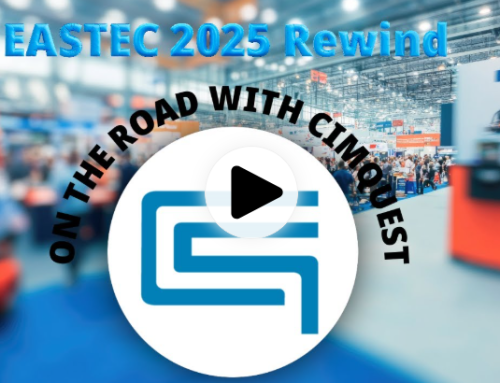

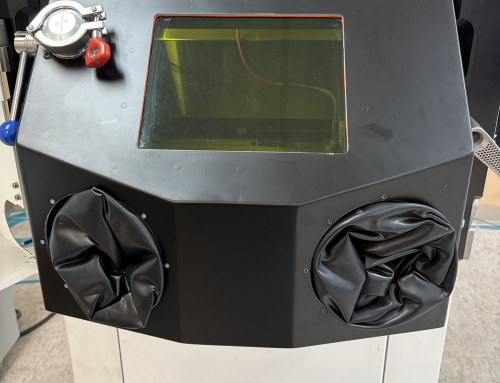
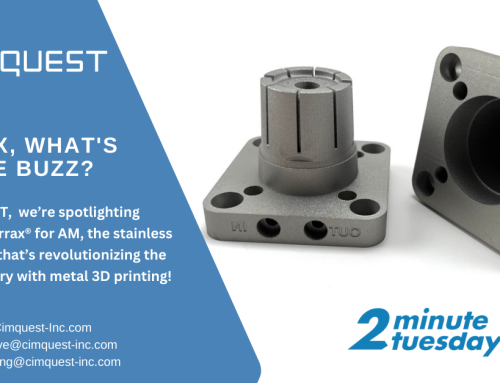
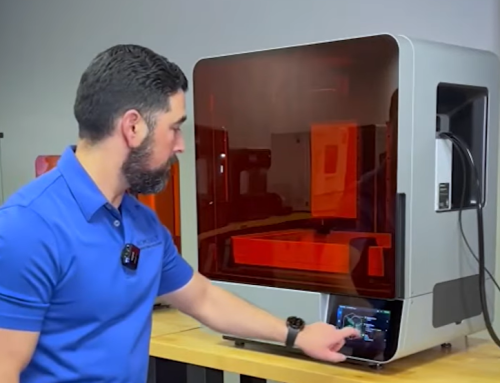
Leave A Comment